THE CREATOR (2023)
Against the backdrop of a war between humans and artificial intelligence, a former soldier finds their secret weapon: a robot in the form of a young child.
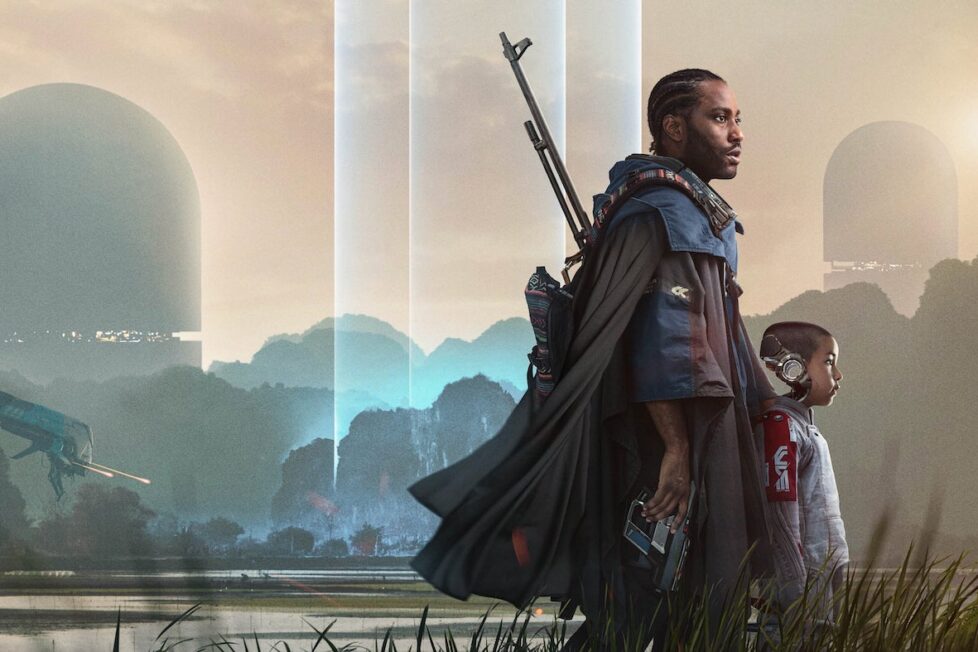
Against the backdrop of a war between humans and artificial intelligence, a former soldier finds their secret weapon: a robot in the form of a young child.


Gareth Edwards hasn’t made a film since Rogue One: A Star Wars Story (2016), which was reportedly a difficult production because screenwriter Tony Gilroy was brought in for extensive reshoots and to write additional scenes. It’s unclear how much Gilroy’s input changed Edwards’ original vision, but despite Rogue One being a huge success the experience appeared to put him off making another film for seven years… until The Creator.
The Creator is set in a future following the detonation of a nuclear warhead over Los Angeles in 2050 by artificial intelligence, in shades of The Terminator (1984). As a result of this devastating 9/11-style attack on humanity, the US government outlawed and committed to eradicating A.I because such technology can’t be trusted. The region of New Asia is a particular concern because eastern countries have fully embraced “simulants” and now harbour ‘Nirmata’ — the mysterious creator of new A.I advancements. Aiding the US in their war against the machines is the USS NOMAD (North American Orbital Mobile Aerospace Defence), an advanced levitating platform that can launch missile attacks and is the bane of A.I and their human sympathisers.
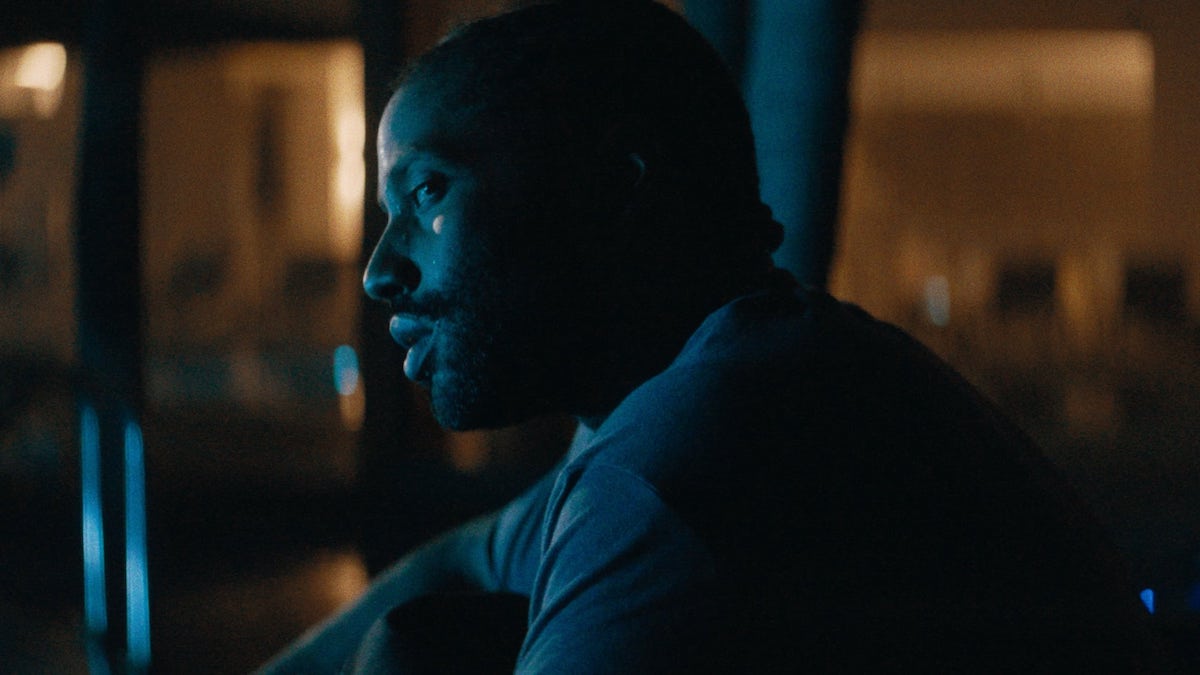
Into this crazy world comes Sgt Joshua Taylor (John David Washington), an undercover operative for the US government who’s been living in New Asia for years and is now in a relationship with Maya (Gemma Chan), a woman his superiors believe is the daughter of Nirmata. Following an attack by NOMAD on Taylor’s coastal home, pregnant Maya is seemingly killed, but years later he’s offered the chance to return to New Asia and destroy a super-weapon developed by Nirmata that may turn the tide in favour of the A.I, and locate Maya after evidence surfaces that she survived the attack.
The Creator is a remarkable visual experience that combines Blade Runner (1982) with Apocalypse Now (1979) in some ways, but it’s largely inspired by more recent films like District 9 (2009), Ex Machina (2015), and modern video games in terms of its aesthetic and designs. Gareth Edwards clearly excels when it comes to world-building and is particularly adept at delivering a sense of perspective and scale, which was the main reason his Godzilla (2014) remake worked.
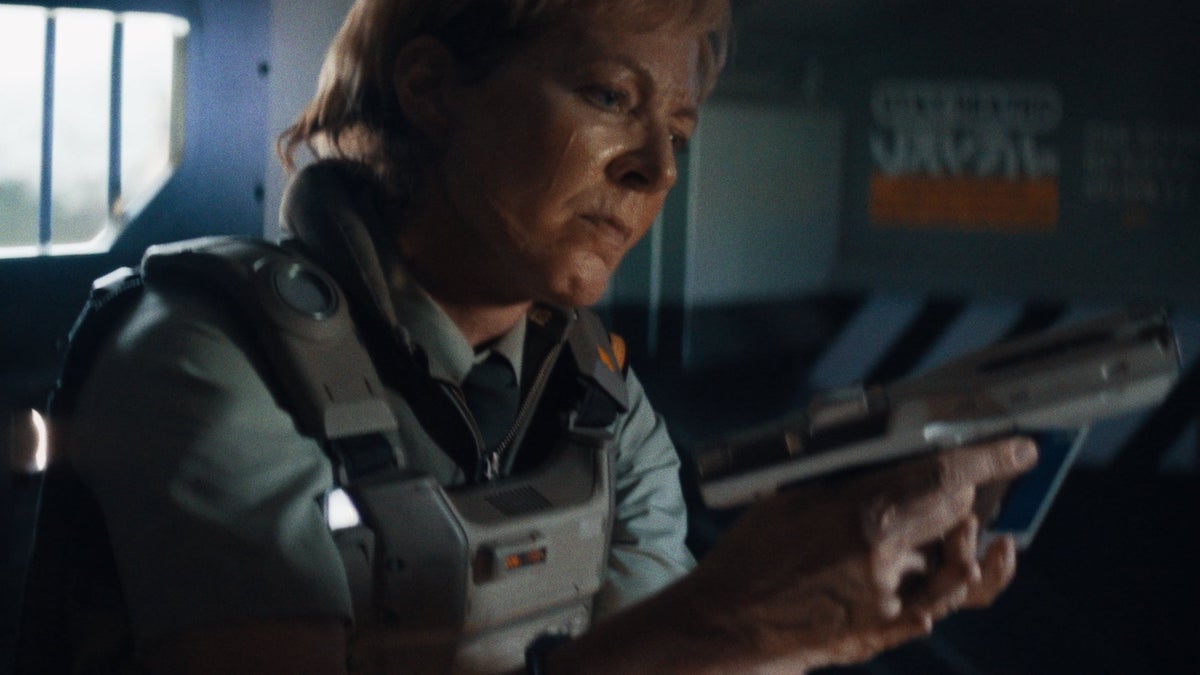
Edwards fills this movie with shots and sequences that are always plausible and realistic, simply because of where the camera’s placed and how the action is shot. It’s incredible to note The Creator’s budget was a relatively lean $80M, considering we’re becoming accustomed to movies of this size costing $200M+. It was mostly shot on location around the world (in Vietnam, Cambodia, Japan, Thailand, Indonesia and Nepal), so if nothing else this film is a compelling counter-argument to the idea blockbusters should be made on sound stages because it’s cheaper and more efficient than doing things in real places. Or maybe studios just need to hire more filmmakers like Edwards, who has a proven track record of making budgets go further — just look at his low-budget breakthrough Monsters (2010), where all the creature CGI was created using off-the-shelf software.
It’s also great to have a sci-fi movie that isn’t already a brand name, or based on something that already exists as a book or game, although The Creator has so many inspirations it occasionally feels like a mix of things you’ve seen before. But that’s not to say everything is lazy and derivative. There are some wonderful new concepts scattered around: from bipedal “suicide robots” that run into crowded areas before detonating, to the Black Mirror-esque idea of capturing the last moments of a dead person’s memories and uploading their consciousness into a robot for a brief interrogation.
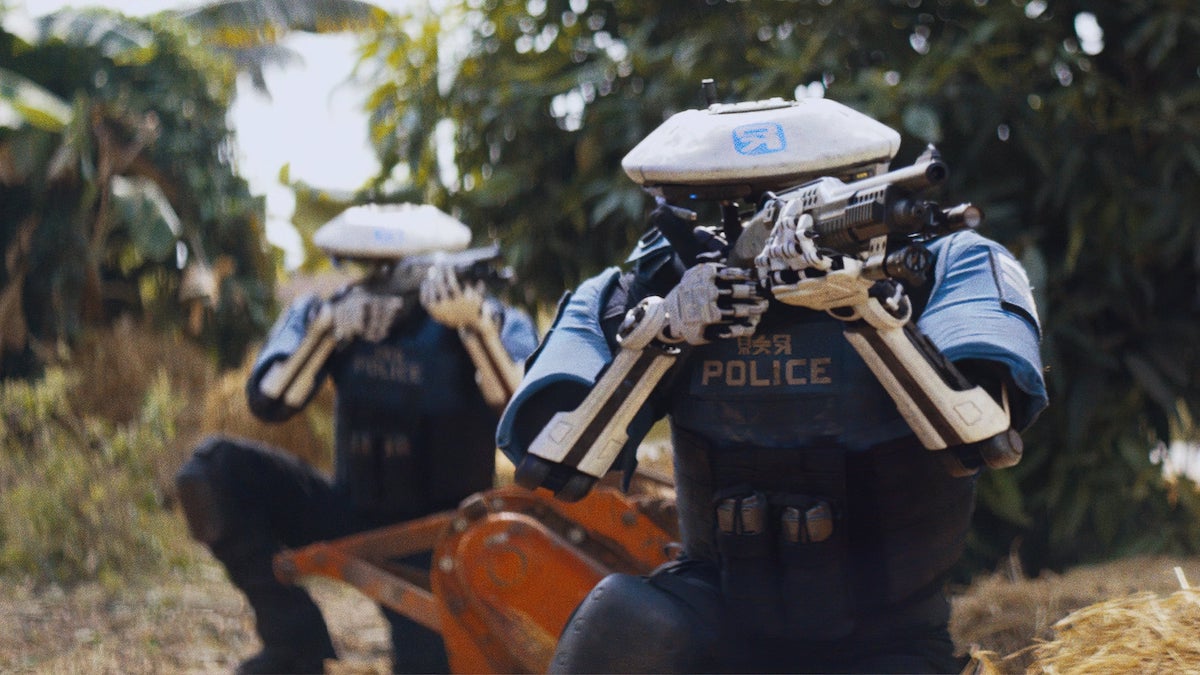
The main issue with The Creator is the screenplay by Gareth Edwards and his Rogue One writer Chris Weitz. The concept and world-building work extremely well, but the storytelling is a little sketchy and follows some predictable paths. It’s also not always entirely clear why certain things are happening, or why characters are motivated in certain ways, but to say more would get into spoilers. Taylor’s mission ultimately becomes a Lone Wolf and Cub-style scenario — shades of Star Wars again, as that’s the basis of The Mandalorian TV show — with him discovering the A.I’s super-weapon is a sweet-looking little girl he names Alphie (Madeleine Yuna Voyles). Shades of The Golden Child (1986) then creep in, as Taylor bonds with this A.I seemingly designed to appeal to humans given its infant form, which he realises can also remotely control electricity and manipulate technology.
The broad sweep of the story works well and the narrative improves once there’s a more relatable objective for Taylor to protect Alphie, while his opinion on A.I being a great evil that deserves to be wiped out slowly changes. It’s more the story details that are easy to get caught up on, but thankfully Edwards is always on hand to showcase a new amazing robot design or gorgeous natural landscape augmented with VFX futurism. And it’s a real joy to watch a film like The Creator have an eye on what’s worked for anime over the decades, with everything taking place in Asian environments that are recognisable and ordinary looking… only for a giant high-tech tank to suddenly loom over a hill, or a squad of Chappie-like infantry soldiers descend on a homestead.
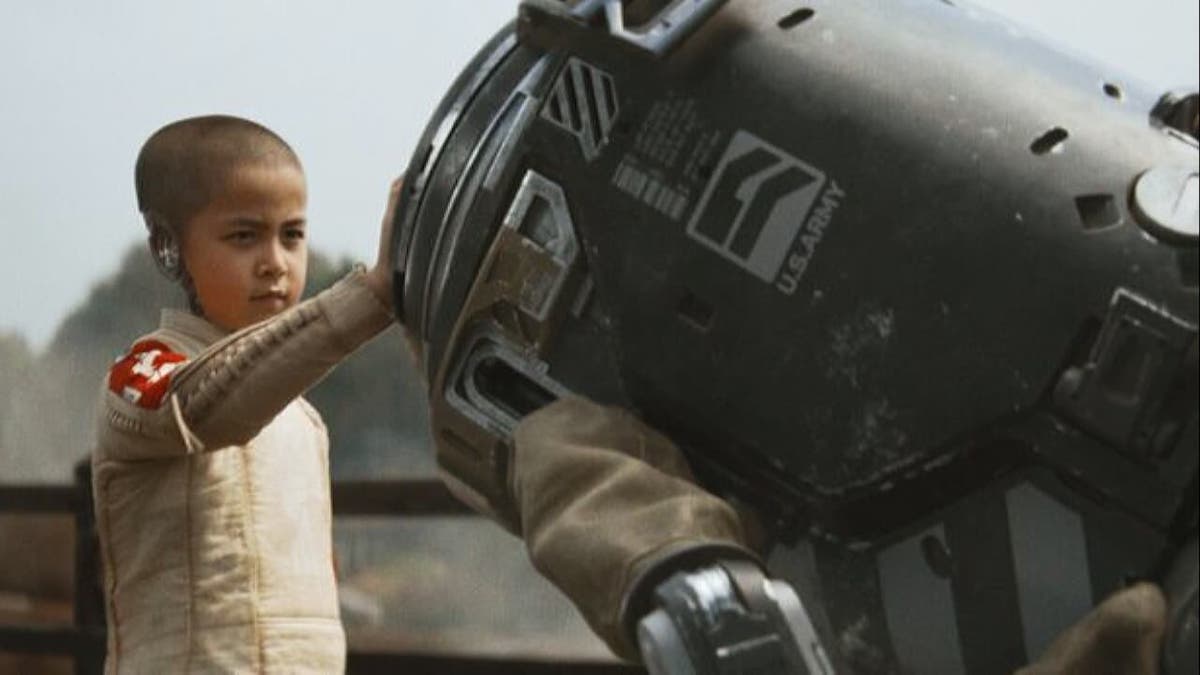
It’s a fascinating future world to sit back and marvel at, with such a compelling mix of old and new. There’s something inherently cool about super-advanced machines and equipment rubbing shoulders with impoverished villagers still farming their land with old tools. It somehow adds credibility to the world of the movie, as it’s more usual to focus on gleaming high-tech cities and forget that rural communities and poorer people will always co-exist.
John David Washington seems drawn to high-concept sci-fi films, following Tenet (2020), and he’s certainly better here than in Christopher Nolan’s brain-frying misfire, but I wish his characters were less earnest and had appealing personalities. Taylor is a little flat and only works because Washington had enough charm to see it through, plus a likeable connection with child star Voyles, but some of the issues rear their head towards the end when the story’s hitting some big dramatic moments that are intended to stir your emotions and even make you cry… but The Creator hasn’t really done the leg-work for it to work as intended. You’ve been marvelling at the world-building and diligently following the plot, but it script hasn’t entirely sold us on the emotions underpinning Taylor’s connection with Maya and his paternal feeling for Alphie.
However, taken purely as a cinematic experience built on sights and sounds, The Creator is hard to fault. Hans Zimmer also delivers another fantastic music score (one originally intended to be provided by A.I programmed to mimic his orchestrations, which would have been interesting thematically), and any problems with the film’s emotional connections and slightly protracted runtime are overshadowed by how convincing and enjoyable the film is to watch. Gareth Edwards has proven he’s a master craftsman but, much like Neill Blomkamp (Elysium), he needs to get his hands on an A+ screenplay before he starts getting pigeonholed as a brilliant visual stylist whose control of a story is sometimes left wanting.
USA | 2023 | 133 MINUTES | 2.76:1 | COLOUR | ENGLISH

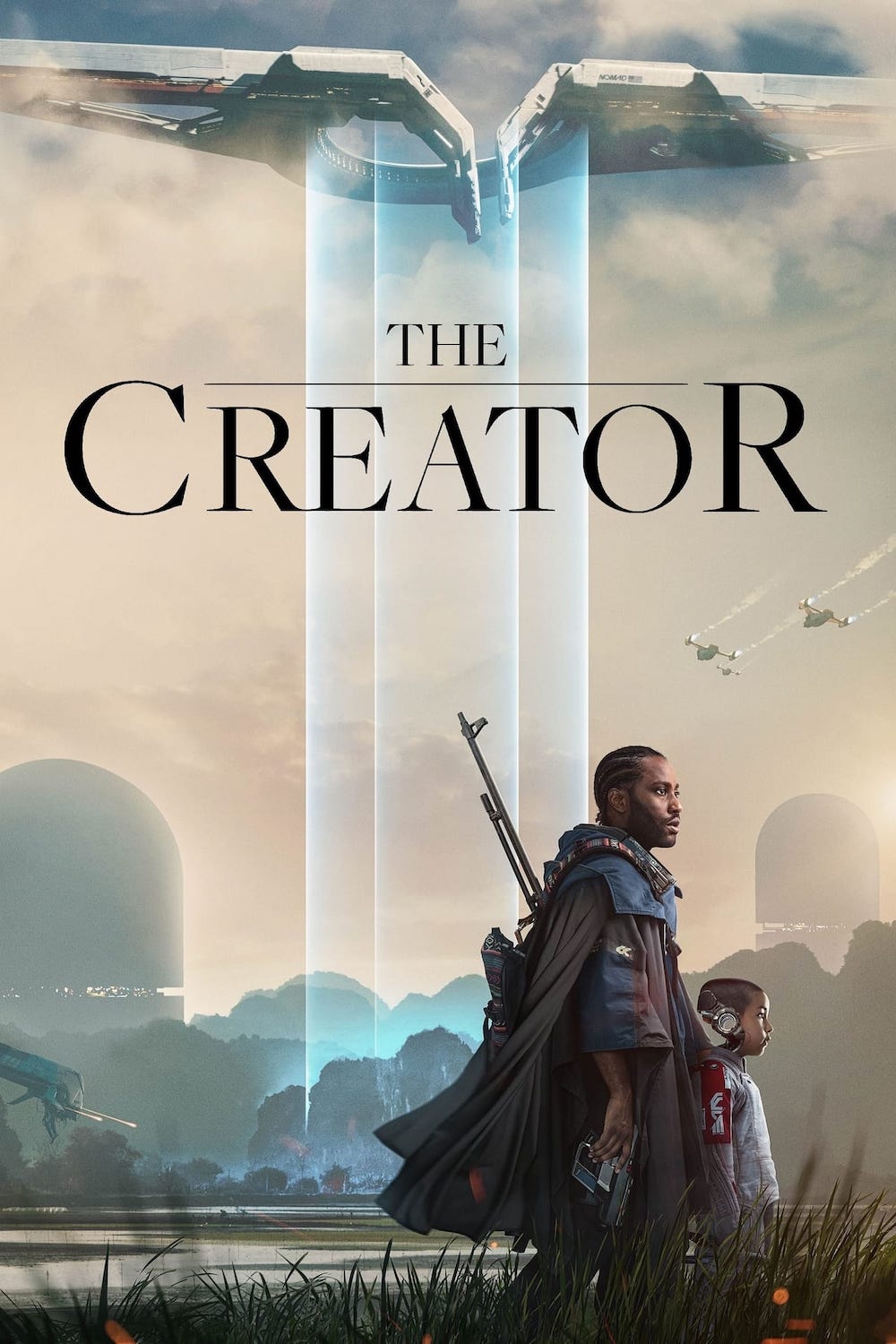
director: Gareth Edwards.
writers: Gareth Edwards & Chris Weitz.
starring: John David Washington, Gemma Chan, Ken Watanabe, Sturgill Simpson & Allison Janney.
